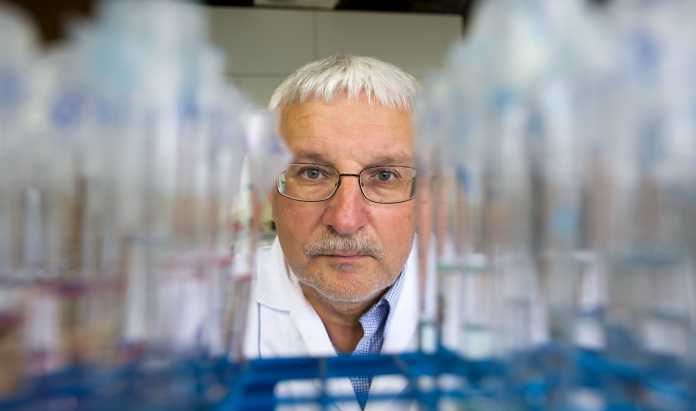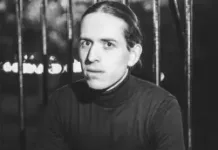

AS part of international research, scientists at the University of Limerick have helped to devise a new method to purify polluting gases using a sponge like material that could lead to reductions in environmentally harmful emissions, as well as a reduction in energy consumption globally.
Led by Professor Michael Zaworotko and Dr Kai-Jie Chen, the research has just been published in the current edition of ‘Science’.
The UL team found that a sieve-like structure, ‘SIFSIX-2-Cu-i’, can act like a sponge, mopping up acetylene – a colourless gas made of carbon and hydrogen. They had thought that the material could work as a sieve but unexpectedly discovered that it behaves more like a sponge.
Speaking about the discovery, Professor Zaworotko, explained, “In a way this was a glorious failure, where the outcome was so much better than expected.”
Collaboration and pooling of knowledge with other scientists in institutions in the US and in China led to the development of a material capable of soaking up acetylene during the production of ethylene.
The team says their new invention offers a more environmentally friendly, cost effective way to purify ethylene, the most intensively produced organic chemical in the world. The same approaches could also work for purification of other substances like carbon and water, they say.
Professor Edmond Magner, Dean of Faculty of Science and Engineering at UL, said, “We pride ourselves on a reputation for delivering translational research that makes an impact on industry, society and the wider community. This research, which has been supported by Science Foundation Ireland, is a prime example of how knowledge and expertise developed at UL has presented a real solution to a very real challenge in a traditional industry that has impact far beyond our shores.”
by Alan Jacques









